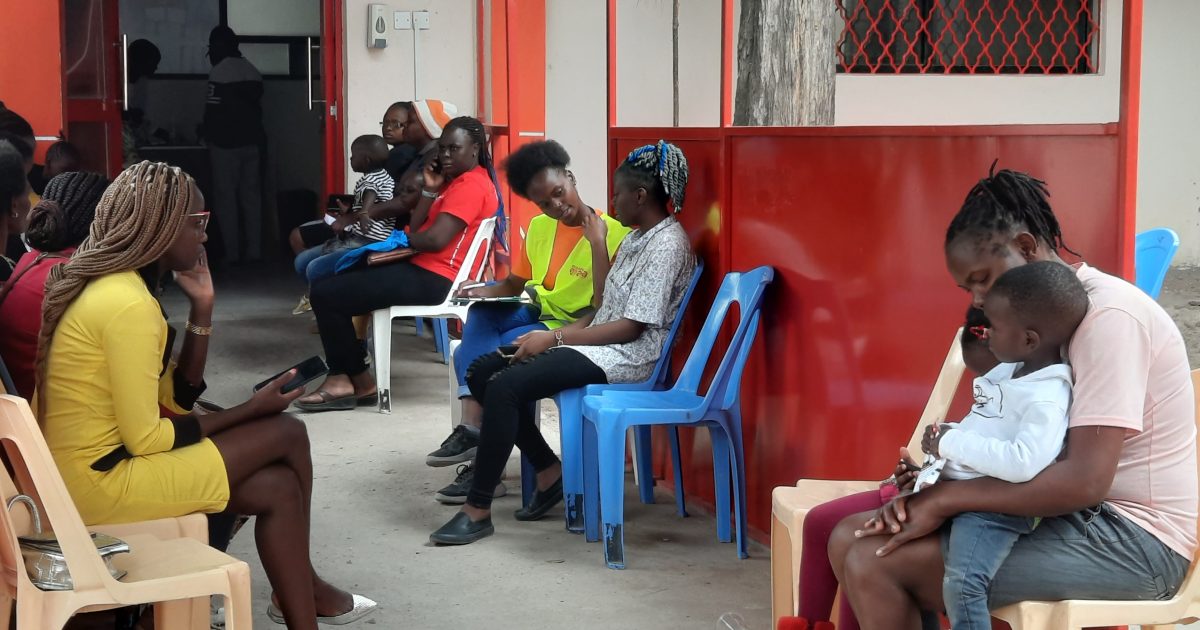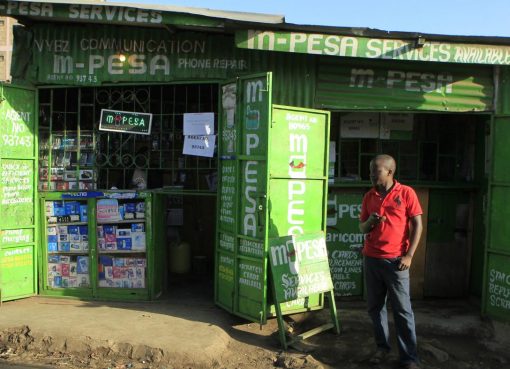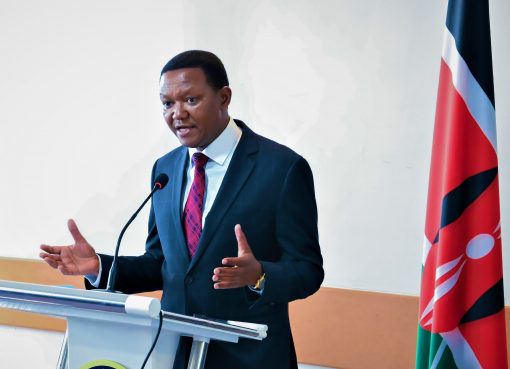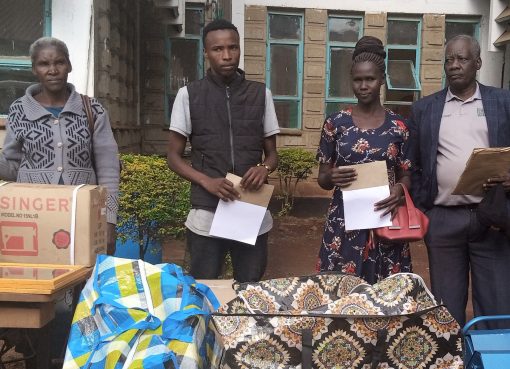Kitengela residents, yesterday, joined the world to commemorate World Contraceptive Day (WCD) at Equity Afia Kitengela.
The Day offers a great chance to promote the value of access to contraception and empower young people to make responsible decisions about their sexual and reproductive health.
Dr. Muturi Ida of Equity Afia Kitengela Branch, encouraged the community to take up contraceptives as they help in preventing unwanted pregnancies and sexual infections.
The Doctor encouraged parents, teachers and religious institutions to be open on matters reproductive health with the young ones as well as the community in general.
“Contraceptives play a key role in not only preventing unplanned pregnancies but as well serve as a barrier method such as condoms. Society should not be ashamed of discussing sex education with the youth,” she said.
Muturi said that it is unfortunate that sex seems like a taboo and adolescents learn about it from their friends, social media and pornographic sites where they learn half-baked truths and only run to the health care workers when they get infections or unwanted pregnancy.
Muturi said that myths can be a huge reason why contraceptives are not being taken up.
“Some common myths that I have encountered is that the IUD can affect the man or the coil travels down your blood system or you’ll gain weight on birth control. All these myths have been dismissed and if anyone is not sure they should consult their health practitioner before taking up any family planning methods,” said Muturi.
Kenya’s Ministry of Health reported 45,724 pregnancies among girls aged 10 to 19 in January and February 2022 — averaging about 775 a day while 98 new HIV infections are recorded every week among adolescents of age 10-19 years.
“The younger people especially have not taken up the use of barrier methods as contraceptives. Government institutions or public spaces should offer free condoms to all and they should not feel ashamed of going to the supermarket or chemist and to buy the condoms. Prevention is better than cure,” added Muturi.
She also raised concerns over the low uptake of family planning commodities among men despite them having the greatest influence on reproductive matters. “It takes a man and woman to make a baby, so far I have only seen women coming in for World Contraceptive Day and it’s a day that should be marked by all genders. Women spread knowledge within their groups and men should take up the same,” observed Muturi.
Sheila Wanjiru, a beneficiary of the program said that she opted for the 5-year implant family planning method to plan for her family needs better. “After discussions with my husband, we decided to have our next child after five years, as this will give us enough time to plan and take care of the young ones we already have,” she said.
Mary Ososo, who also attended the camp said she wanted to be informed on how to plan better for her future as a single mum.
Among the services offered during the camp include; Family Planning consultations, three and five years implant, IUCD, Nutritional consultation, Blood pressure and Blood sugar check as well as weight, dental and optician services.
The 2022 theme was “Breaking myths in family planning.” The government allocated Sh559 million for family planning commodities in the 2020-2021 Financial Year, and Sh 563 million during 2021-2022, while Sh 1.19 billion have been set aside for the 2022-2023 Financial cycle.
By Vivian Mbinya





